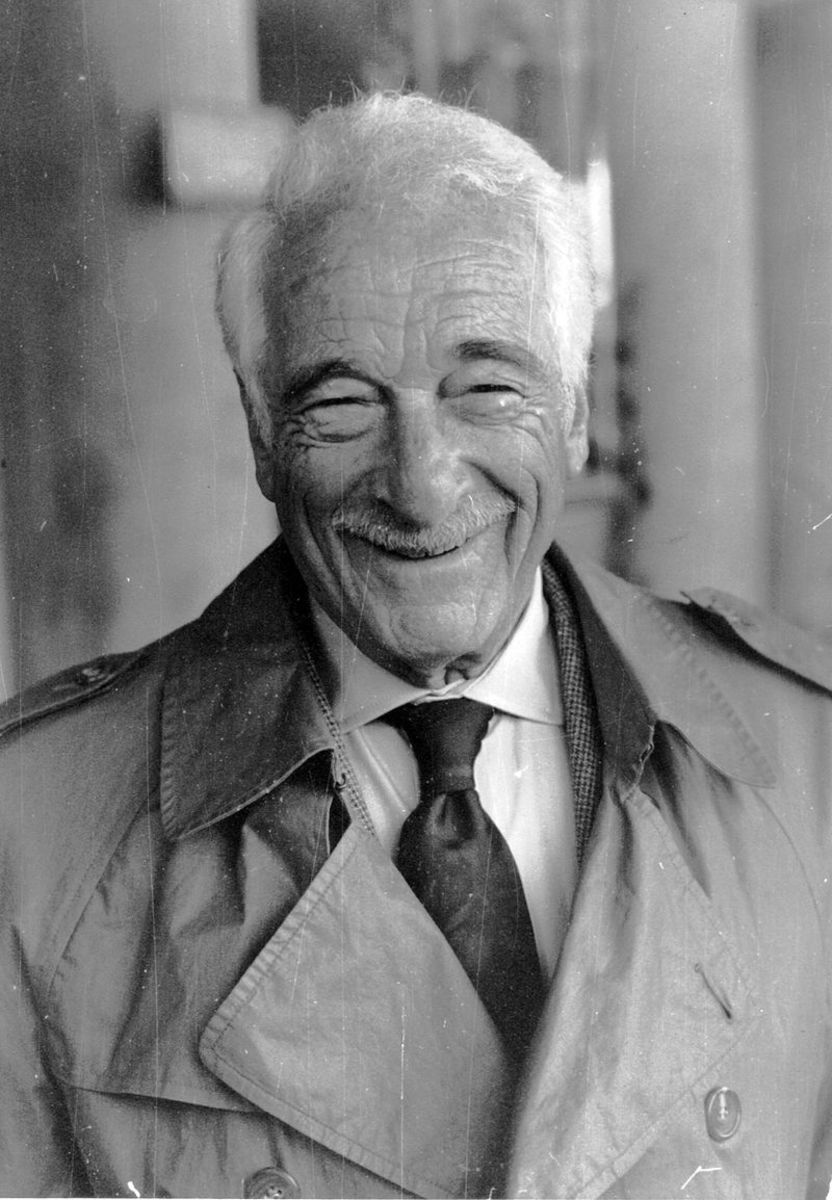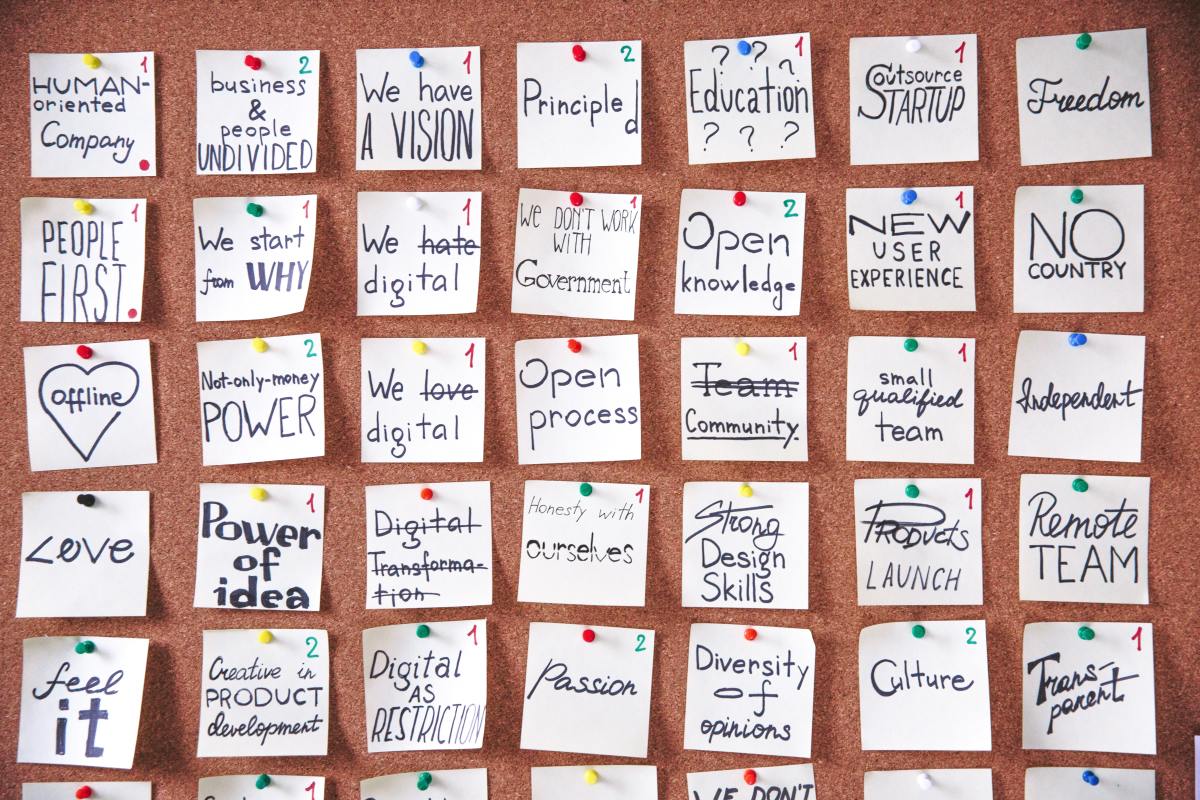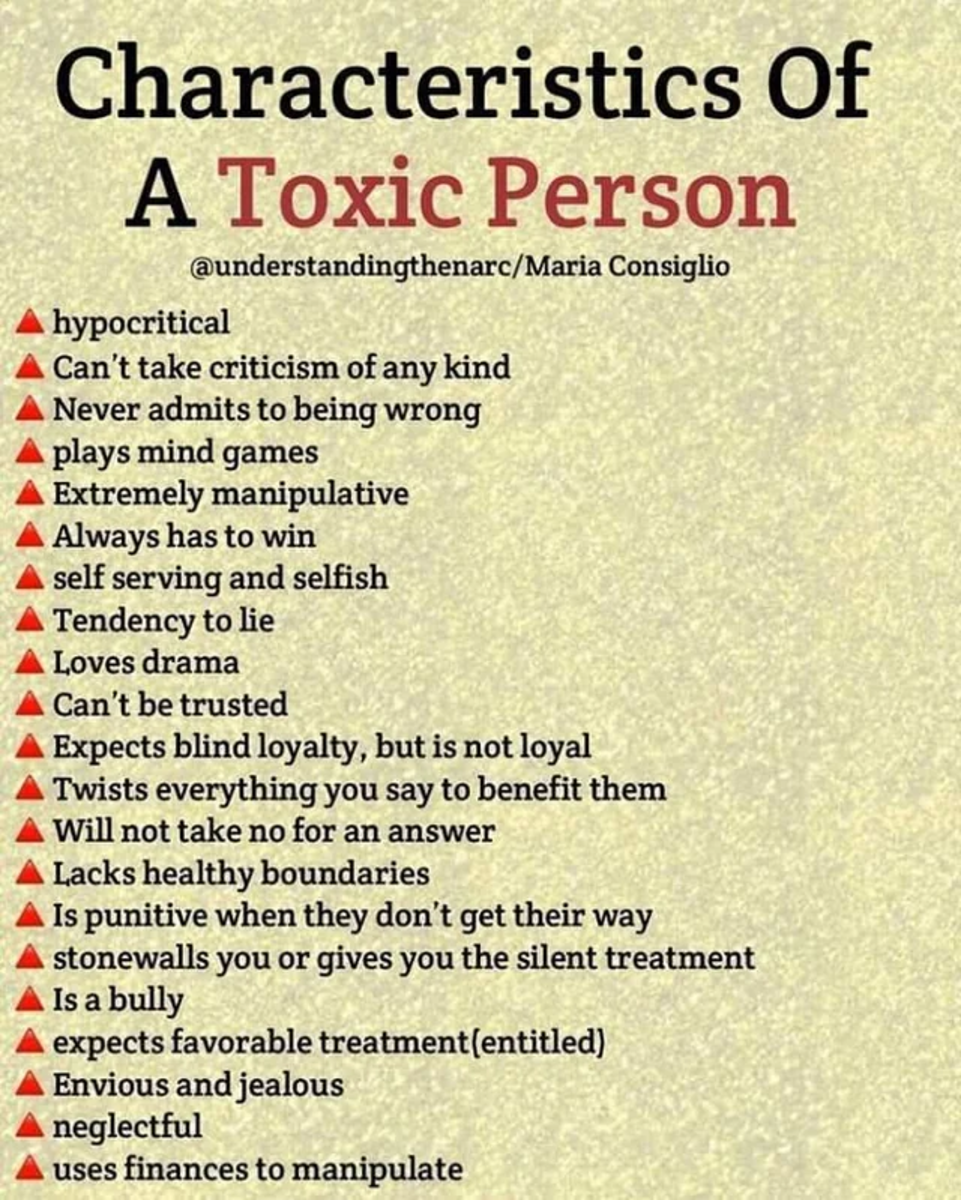Are You Living Your Life on Autopilot?

A street musician plays pieces of music that are among the most demanding in the world. More than a thousand people walk past him without noticing the magic of the music. They look at their smartphones and hurry along on their way to work.
The Story
Friday morning, 7:51, January 12th. In the middle of rush hour, an unremarkable-looking man at a subway station unpacks his violin, stands by a trash can, and starts playing. The violin case is open in front of him. The musician is white, in his early 30s, and his baseball cap pulled down into his face.
His performance tool is a violin, which was handmade in 1713 by Antonio Stradivari. It once belonged to star violinist Bronislaw Huberman until it got stolen. The thief confessed to the fact almost 50 years later on his deathbed. Alone because of its history, the musician loves the Stradivari, which he calls his best friend.
The fiddler started with a piece by Johann Sebastian Bach. He rocked back and forth on tiptoe. Full of enthusiasm, he strokes the strings until the music flooded the entire subway station.
In the first three minutes, 63 people went past him. Nobody paid attention. Then someone finally stopped. A man who considered, for a fraction of a second, but ultimately went on. After six minutes, the first listener stopped, leaning against the wall and attending to the music.
In the next 43 minutes, precisely 1,097 people ran past him. Most of them worked for the government and were on their way to the office. They are used to street musicians, but rarely do they stop and reward the music.
Very few took the time to enjoy the magic of the moment. Only seven of the more than 1,000 passing people listened to the violinist for more than a minute. Some pedestrians threw a few cents in the violin case out of friendliness. Others thought for a moment, looking at their watch, only to hurry along. They found time to try their luck at the lottery shop next door.
The ones who looked at the fiddler with full fascination were little children. They wanted to listen to the music, resisting their parents' hurry but were always quickly pulled away.

The Experiment
The fiddler who played at the subway station that January morning was Joshua Bell, one of the greatest musicians of all time. He played some of the most elegant pieces ever written.
He played it on a violin worth more than $ 3.5 million. Three days earlier, Bell had filled the Boston Symphony Hall with more than 2,600 listeners. Ticket prices started at $100.
This true story was an experiment staged by The Washington Post in 2007. The music that Joshua Bell played is not commonly known, but the pieces are some of the most sophisticated ever written.
Now you can ask yourself two questions,
is Joshua Bell that good if he doesn't play in big halls where listeners pay for the tickets?
Or, and that's the more important question,
were all these people on their way to work so absentminded with their thoughts that they could not appreciate the beauty of the music?
When I used to sit in the subway and commute to work, I often felt harassed by musicians. They disturbed me on phone calls, listening to my MP3 player, or my thoughts. Whether the music was good, I couldn't have said exactly.
When I walked out of the train station, I often ran extra fast and acted as if I didn't hear anything, not to feel bad if I didn't give the street musicians money.

A Flood Of Information
Depending on the source of the study, around 10,000 pieces of information pounce on us every day. These are phone calls, advertising messages, traffic lights, market barkers, loud music, conversations, emails, etc. It's impossible to process all these data consciously, which is why we have to separate the important ones from the unimportant ones.
The magic word for it is called mindfulness. Don't worry; I will not torture you with meditation or yoga. These are tools that work for some, but for others, it's a bit of an aversion.
With mindfulness, I mean switching the autopilot from on to off. For example, if we wait at the traffic light, not automatically reach for the smartphone. Don't watch TV while eating. Or getting up and not immediately planning for the day.
Mindfulness, above all, means to perceive a moment consciously. If we encounter something as magical as a violin concert in the subway, we should then register that. Only when we recognize it, we can consciously decide whether we stop or not.
On average, our eyes are on the smartphone for three hours a day. Mostly unconscious, out of boredom, or because we respond to a notification. The smartphone is the best example of how much we can be controlled externally without consciously perceiving it.

Between Autopilot And Attentiveness
Smartphones, the Internet, and Facebook are all great tools, but we have to be cautious not to let these tools control ourselves. That's the difference between autopilot and attentiveness, between passive sonication and working experience.
I also lose myself from time to time in the Facebook Newsfeed. My goal is not to be always in the here and now with my thoughts. Then, with all these impressions, my brain would probably overheat. But what I don't want is to experience the world continuously on autopilot.
In the meantime, I often stop when I hear a good street musician. I don't always give money, but I enjoy this beautiful moment. I don't try to think where I have to be in ten minutes and who just wrote to me on WhatsApp. I enjoy the moment.
Our lives are so fast; some deceleration would be suitable for most of us. I wish that today, with your thoughts, you dwell less in the past or future, but perceive the world around you.
Resources
© 2020 Danyel








